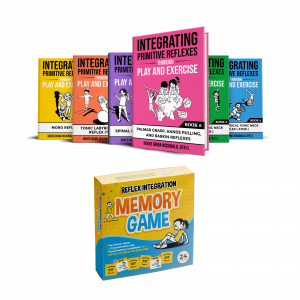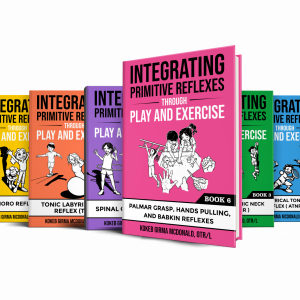Effective children’s treatment programs require a collaboration between parents and therapists. To achieve the best results, therapists must partner with parents and caregivers to guide a child’s development. Without parental collaboration and education, a weekly therapy session alone may be less effective in reaching development goals. Working together is like rowing a canoe—everyone must work together to reach the destination faster and with less energy.
We know parents are best positioned to motivate and influence children. They can incorporate the therapist’s recommendations throughout the day, providing needed repetition and quickly discerning which interventions work well. This collaborative process helps achieve faster results and reduces the number of therapy sessions required, reducing total cost.

However, when parent-therapist collaboration is weak, therapists can only rely on data collected during an individual session in a controlled environment without a better understanding of a child’s development and skills in natural settings. This can lead prematurely stopping helpful interventions and a waste of time, energy, and money. Children need a lot of repetition; without sufficient carryover, there can be inconsistency, confusion, lack of interest, and frustration.
As a parent, it’s natural to feel inadequate, especially if it is your first time having a child in therapy. However, parent-therapist collaboration is crucial for success. Parents know more than they think and can trust their instincts. They see their child in various settings and have the most information to use. If you’re a first-time parent, use your therapist as your guide.
Here are some practical tips for parents and caregivers:
- Observe your child’s therapy sessions.
- Write down your questions and ask your therapist during the session.
- Ask for one or two things you can do with your child before the next session.
- If you’re uncomfortable with doing some exercise at home, practice with your therapist first.
- Set up a follow-up consultation with your therapist or email them.
- Have your therapist observe you working with your child for direct feedback.
- Read the books and articles recommended by your therapist.
- Be willing to try activities at least once and don’t give up if you don’t see results immediately.
- Join parent support groups and set up playdates with other parents to learn from them.
- Ask your therapist how to incorporate specific interventions into your schedule.
By working together, parents can provide needed repetition, quickly discern effective interventions, and reduce overall costs. Parents should trust their intuition and use therapists as their guide to achieve the best results for their children.
Want to go deeper? Check out our family bundle which includes two in-depth courses you can complete online and 6-months free of our RITP mobile app, with over 100+ exercises to help you plan a fun and effective treatment program at home!

 Reflex Integration Memory Game
Reflex Integration Memory Game 


